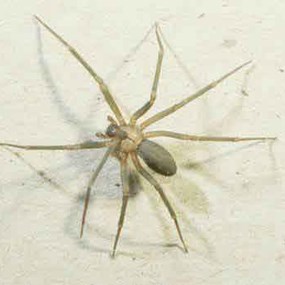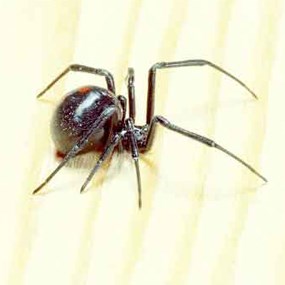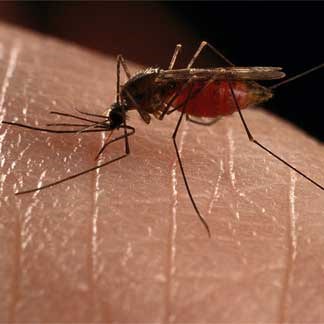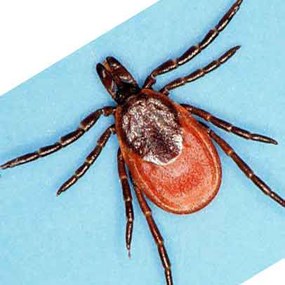Poisonous SpidersOnly two types of poisonous spiders may be found in the New River Gorge area; the black widow and possibly the brown recluse, whose range may be expanding into this area. While these spiders are rarely encountered on hikes or picnics, it is still important to be able to identify these spiders in case a bite is received. 
Brown Recluse:Description:
Outdoors:

Black WidowDescription:
If bitten:

MosquitoesMosquitoes are a very common menace through out the New River Gorge area. While most mosquitoes are harmless, some do carry diseases such as West Nile Virus. West Nile Virus:West Nile Virus is a potentially serious illness. For more on the symptoms, prevention, and what to do if you believe you may have contracted the virus please visit the Center for Disease Control website via the link below. http://www.cdc.gov/ncidod/dvbid/westnile/wnv_factsheet.htm Prevention:
Protecting Yourself:

TicksTicks are blood-feeding parasites that are often found in tall grass and shrubs where they will wait to attach to a passing host. Physical contact is the only method of transportation for ticks. Ticks do not jump or fly, although they may drop from their perch and fall onto a host. Ticks will try to climb to the highest part of their host. Commons ticks in the New River Gorge area: Dog Tick
Deer Tick
Description:
Prevention:
Removal of tick:
|
Last updated: December 5, 2017
